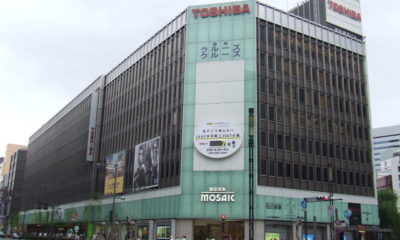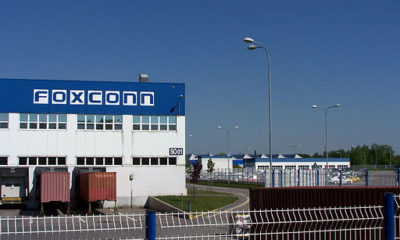Multinational financial services company MasterCard is being investigated by the European Commission to see whether or not the card fees charged from cardholders who are not European, including their other business practices within the EU violate the antitrust rules of the Union. The Commission wants to be assured that cross-border trade is not hampered in any way, particularly with the growing practice of making payments with plastic money. It was announced on April 9, Tuesday.
High fee charges
According Antoine Colombani, spokesman for the European Commission, the fees charged for using MasterCard credit card by people from non-European countries are generally higher than the fees charged for users from European countries.
Second investigation
MasterCard ranks second to Visa in the number of cardholders worldwide. It had been banned by the European Union’s antitrust regulators in 2007 from charging cross-border fees from credit card transactions after the Commission had issued a ruling.
This current investigation of MasterCard will also include the investigation into some of MasterCard’s business practices with the European Union that could be detrimental to cross-border trade as well as e-commerce. It will also include a closer look into the charges levied by the premium cards of the said company, which actually charges higher fees.
Fines
If found guilty, MasterCard could be made to pay a fine of close to $740 million. This represents 10% of its revenue in 2012. MasterCard has said that it will cooperate during the investigation. The 2007 investigation on MasterCard’s fees came into light due to the lobbying of EuroCommerce, a European Union retail lobby group. They welcome this latest action of the Commission, although they believe that there are more things that could be done to regulate the high fees being charged. Although the card company challenged the ruling of the Commission in 2007, it did agree to a cap. For credit card fees, it was 0.30% of purchases and 0.20% for debit cards even as they were all waiting for the Supreme Court decision.
Interbank fees hurting consumers
Likewise, the European Consumer Organization or the BEUC welcomes this decision by the Commission because ultimately the high interbank fees help in pushing the prices of commodities, thus eventually hurting the consumers, whether they use their card or pay in cash for their purchases. The scheme, according to the BEUC only benefits the issuing bank and the card company.
Visa Europe is also being investigated over the additional fees charged each time their credit card is used. The Commission also announced that they would be proposing rules on fees before summer starts.















Facebook
Twitter
Pinterest
Google+
LinkedIn
Email